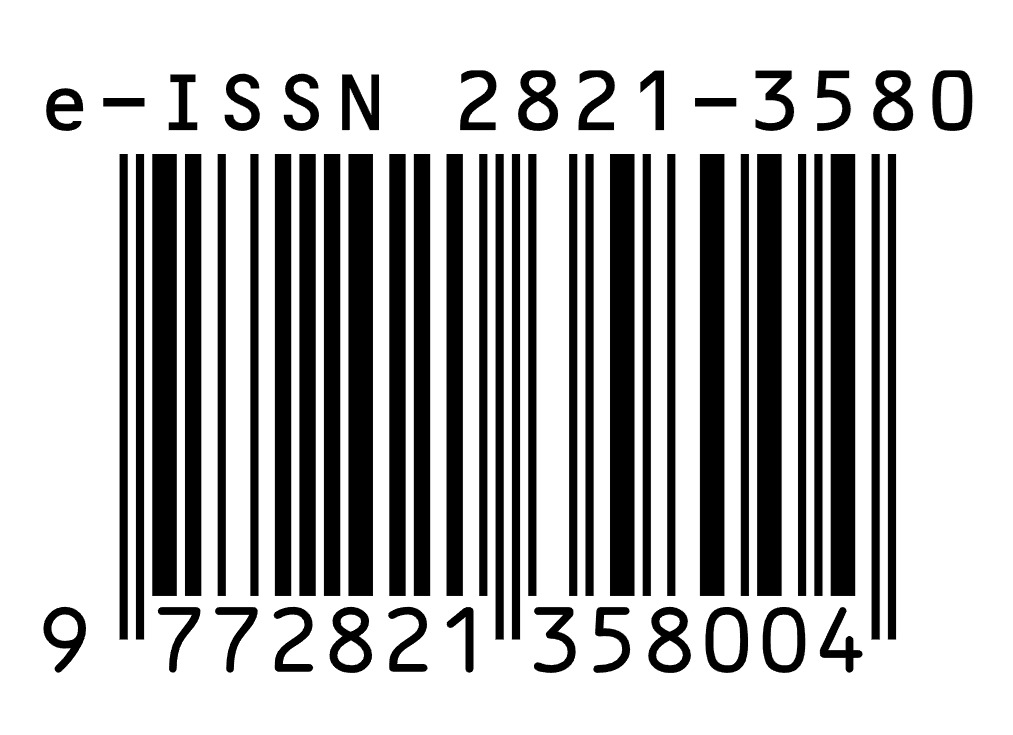Language Ideology in the Malaysian Chinese Community as Reflected in the Teaching Mathematics and Science in English Policy 从数理英语化政策看马来西亚华人社会的语言观
Keywords:
Teaching of Mathematics and Science in English; language policy; language ideology; Malaysia, 数理英语化;语言政策;语言观;马来西亚Abstract
This article discusses the language ideology of the Malaysian Chinese community as reflected in the implementation of the Teaching Mathematics and Science in English Policy. This research collected newspaper reports on this policy in a Chinese newspaper Sin Chew Daily and an English newspaper The Star during the period of year 2002 to 2013. The views held by the stakeholders before, during and after the implementation of the policy are analysed. The stakeholders include the language policy makers-the Malaysian government and the Ministry of Education, political parties- the Malaysian Chinese Association, the education agency of the Chinese community- the United Chinese School Committee’s Association of Malaysia(Dong Zong) and the United Chinese School Teachers’ Association of Malaysia(UCSTAM), the Federation of Chinese Associations Malaysia, the geopolitics associations, students and parents. The initial findings of this research show that the eight Chinese associations led by Dong Zong oppose this policy but support the teaching in mother tongues. In contrast, both supportive and negative views are found among the students and parents. This research shows that the Malaysian Chinese community identify with Mandarin and insist on the teaching of these subjects in mother tongue. At the same time, the Chinese community values the English language and respects the status of Malay language in Malaysia
本文主要通过数理英语化政策讨论马来西亚华人社会的语言观。这项语言 政策从2003年开始实行至2013年终止,引起了社会各方面热烈的讨论。本研 究搜集了2002年至2013年期间马来西亚各大中文报——如《星洲日报》和英 文报章《星报》有关该政策的相关报道,分析其所涉及的各利益团体在政策执行 前、执行中和废除后等三个阶段所持的主要观点。这些利益团体包括语言政策的 决策者即马来西亚政府及教育部、政治团体——马来西亚华人公会、华人社会 “民间教育部”——马来西亚华校董事联合会总会(董总)和马来西亚华校教师 会总会(教总)、马来西亚中华大会堂总会(华总)、地缘乡团和学生家长。本 研究初步发现以董总为首的八大华团强烈支持母语教授数理科,反对将其英语 化;而学生家长则出现了两极化的观点。通过数理英语化政策的分析,本研究发 现马来西亚华人社会内部普遍认同华语并坚持母语教学,同时华社重视英语的价 值并尊重马来语的地位。





